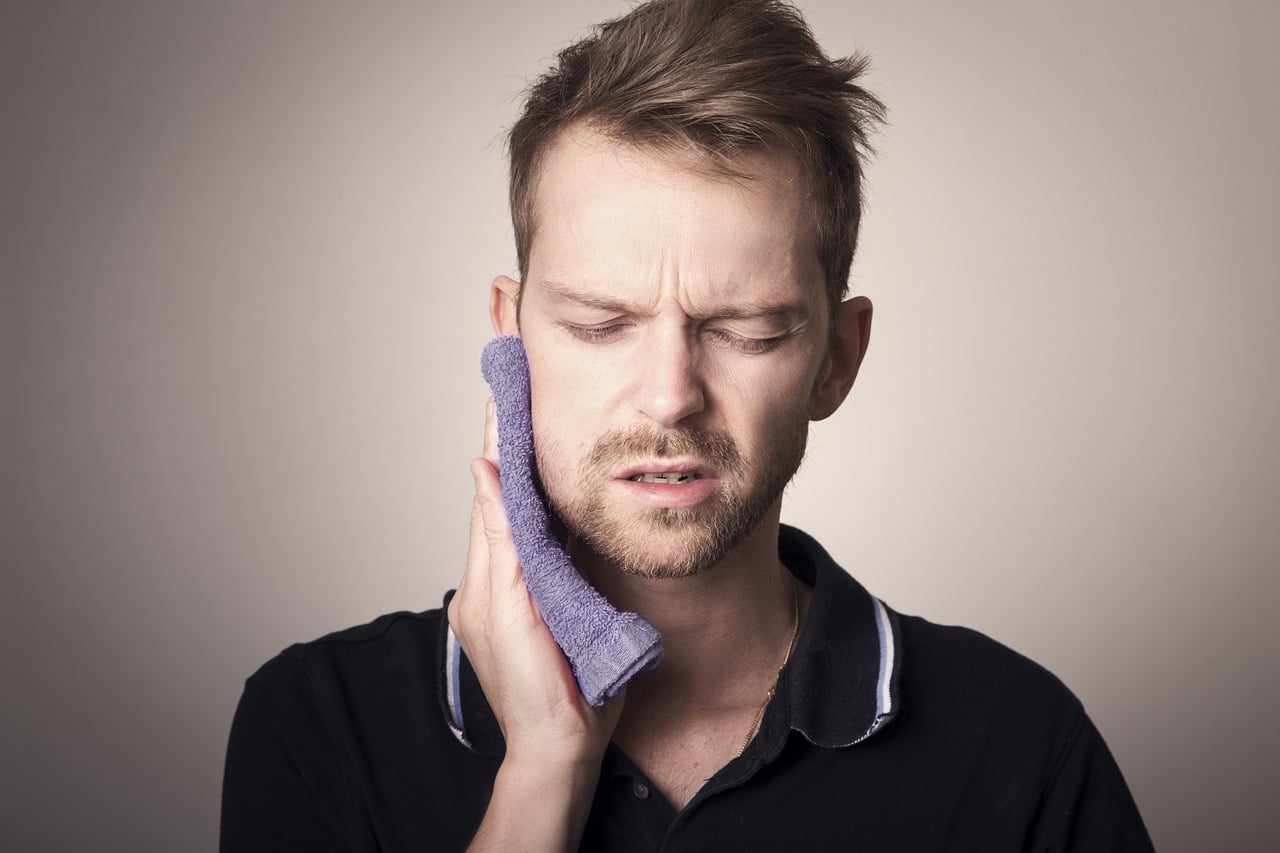
Extremely low statewide and county dentist-to-population ratios
Florida’s statewide dentist-to-population ratio is also far below the national average. Nationally, there are 60.4 dentists per 100,000 population, while in Florida it is just 51.88. Besides Lafayette County, which has zero dentists, the 10 Florida counties with the worst dentist-to population ratios, some as low as 1/10th the nation average, are:
- Union County, FL (6.59)
- Hamilton County, FL (6.89)
- Glades County, FL (7.04)
- DeSoto County, FL (7.79)
- Gilchrist County, FL (10.59)
- Wakulla County, FL (11.66)
- Dixie County, FL (11.33)
- Gadsden County, FL (13.25)
- Jefferson County, FL (13.75)
- Taylor County, FL (13.89)
“Floridians are more desperate than ever to find dental care in their communities,” stated Dr. Frank Catalanotto, president of Floridians for Dental Access.“ In just one year, the number of individuals living in designated shortage areas has increased by more than a million.”
Skyrocketing hospital emergency room costs
Oral health is not a separate entity from overall health, but rather an integral part of it. Several diseases and conditions are intricately linked to poor oral health ranging from diabetes, high blood pressure, pre-term births and more. People who lack of access to affordable dental care often have no other choice than to live in pain, miss school or work, and rely on expensive hospital emergency room care.
In 2021, nearly 120,000 Floridians visited the hospital emergency room seeking relief from pain for a preventable dental condition. Hospitals billed more than a half-billion dollars for this care, with Florida taxpayers saddled with the majority of costs. Such preventable issues contribute to the statewide burden of oral diseases, which disproportionately affect individuals living in Black, Indigenous and People of Color (BIPOC) communities.
Significant movement for dental therapy legislation
Dental therapy legislation to increase dental access in Florida, HB 1173 and SB 1254 by Rep. Linda Chaney and Sen. Jay Collins, passed favorably through two House subcommittees during the 2024 Legislative Session. The proposed legislation would authorize the licensing of dental therapists to work in Florida under supervision of Florida dentists and was championed by Floridians for Dental Access, American Children’s Campaign, Florida Dental Hygienist’s Association and over 200 organizations and individuals.
Dental therapists are mid-level oral health providers, similar to a physician’s assistant for medical care, who receive rigorous training in a select set of routine procedures such as filling cavities, placing temporary crowns, and extracting badly diseased or loose teeth. Dental therapists graduate from an American Dental Association Commission on Dental Accreditation (CODA) dental therapy education program and complete the exact same licensing exam as dentists for the procedures they perform. All published studies about dental therapy (nearly 1,500 in total) support dental therapy as an evidence-based solution to increase dental access and improve oral health equity.
Advocates believe Florida dental therapy legislation will be a key topic of discussion during next year’s Legislation Session, which begins Monday, April 14, 2025. For more information about Florida’s oral health crisis, visit floridiansfordentalaccess.org. To access HRSA’s Health Professional Shortage Area data, searchable by state, county and professional designation, click here.

